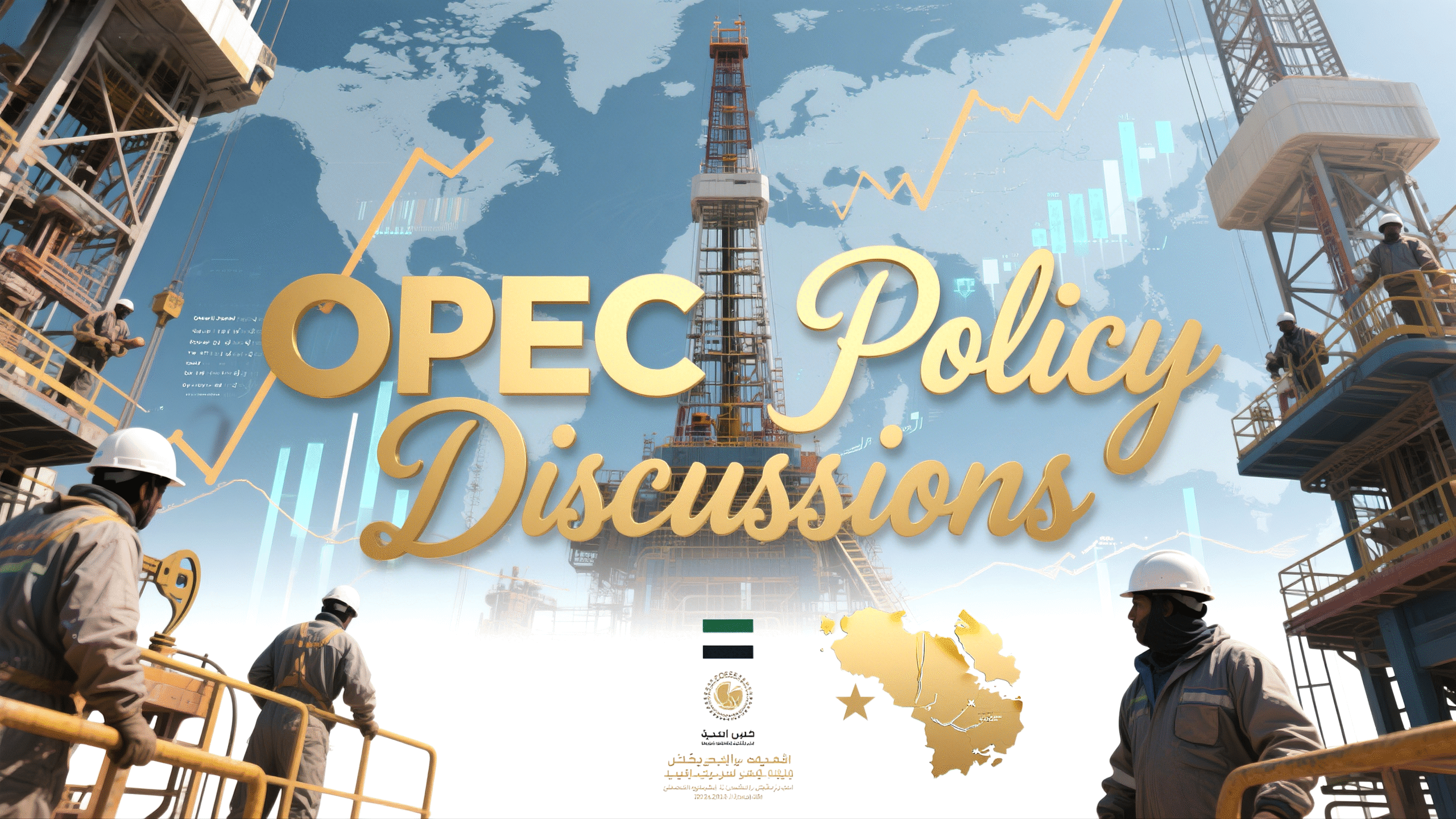
Amid dynamic global energy shifts, the United Arab Emirates (UAE) has stepped forward to encourage a forward-looking approach within OPEC. With oil demand on a clear upswing, the UAE is pushing the oil-producing bloc to recalibrate its supply strategy accordingly — a move that could influence prices, supply chains, and energy policies worldwide.
Recent data reveals a resurgence in oil demand, especially in emerging markets and post-pandemic economies. Industries are ramping up, travel has returned to pre-2020 levels in many regions, and energy consumption continues to climb. This rebound places pressure on OPEC+ to balance supply without stifling recovery or triggering inflationary shocks.
The UAE, one of OPEC’s most influential producers, has emphasized the need for policies that reflect the real-time needs of the global economy. According to UAE Energy Minister Suhail Al Mazrouei, the group must remain “agile and responsive” not locked into rigid output plans that fail to serve current realities.
The underlying message is clear: while cohesion within OPEC is vital, flexibility must not be sacrificed. A dynamic global market demands equally dynamic governance.
OPEC+ has traditionally used production quotas to manage price stability, but the equation is growing more complex. On one side, producers seek to maximize revenue and maintain market share. On the other, consumer nations are vocal about the economic strain high oil prices impose particularly in energy-dependent sectors.
If OPEC doesn’t adjust to increased demand, it risks losing relevance or inviting alternative supplies from outside the bloc, including U.S. shale and non-OPEC producers.
Any policy shifts based on UAE’s position could ripple through global markets. Should OPEC respond by boosting output, it may ease recent price pressures and stabilize consumer economies. Conversely, reluctance to act could prolong tight supply conditions and sustain elevated price levels — potentially fueling inflation and geopolitical tension.
Beyond immediate price signals, the UAE’s call speaks to a bigger conversation: how oil-producing nations must evolve in an era of rapid energy transition. As renewables rise and climate policy intensifies, OPEC’s ability to remain relevant hinges on its adaptability.
The UAE’s recent statements offer a crucial inflection point for OPEC. At a time when demand recovery is evident and market uncertainty remains high, responsiveness could define the future success or failure of the organization. Energy stakeholders should watch closely, as the decisions made today will shape oil markets and economic trends for months to come.